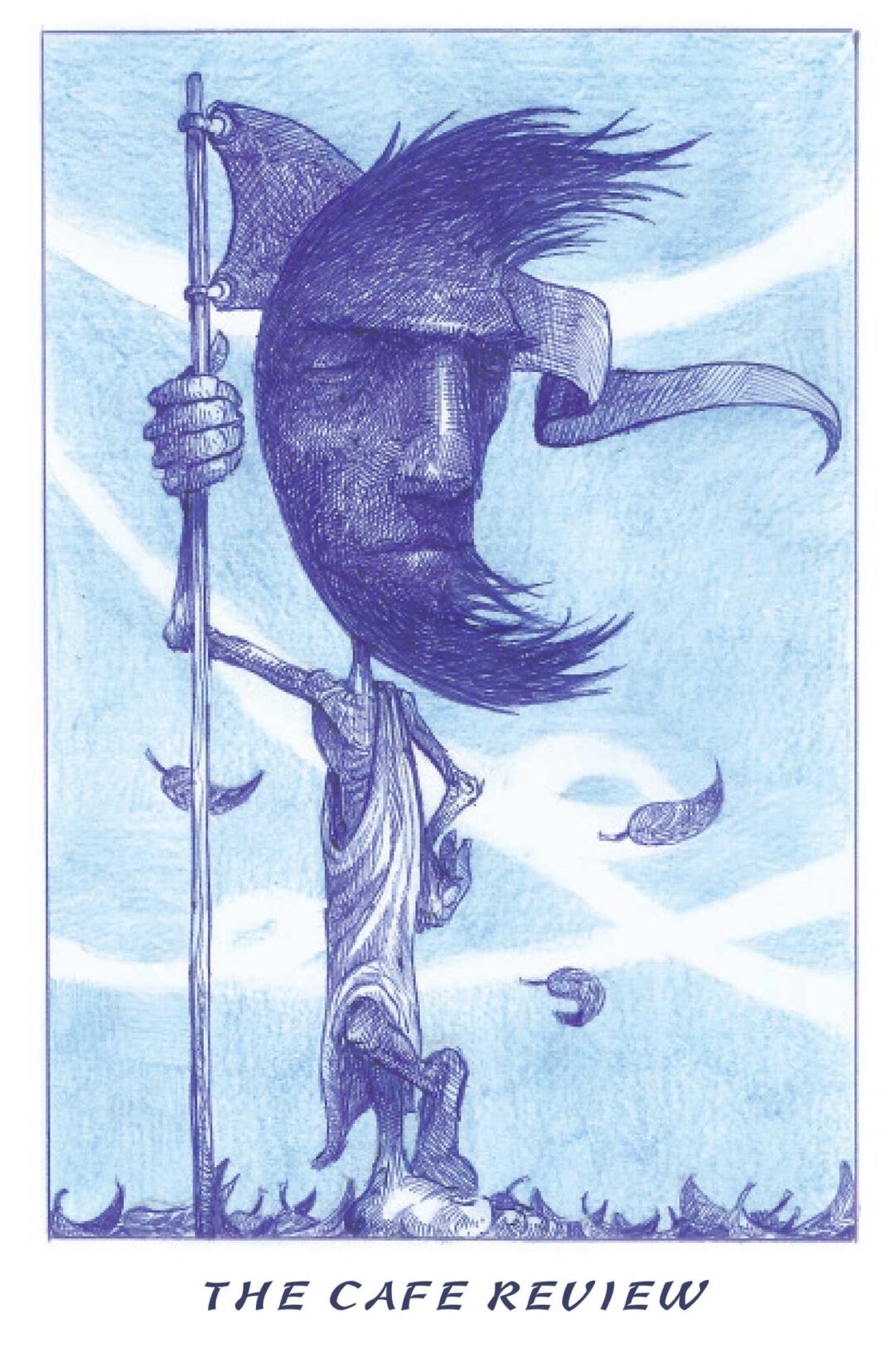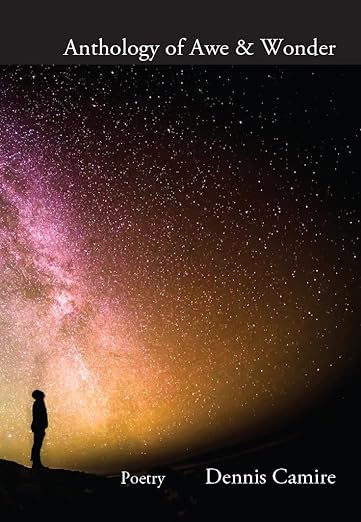Thomas Feeney

Thomas Feeney: teaches foreign languages at North Carolina State University. His work has appeared in The Café Review, Blue Unicorn, andTime of Singing.
Angela Rona Estavillo

Angela Rona Estavillo: ( goes by “Angel” ) is a Filipino American writer and editor working primarily in poetry and creative nonfiction. She is an incoming graduate student in English at James Madison University. Previously, she was a Writing Fellow at Towson University and served as an assistant nonfiction editor for volume 71 of Grub Street. A dual U.S. / New Zealand citizen, she currently resides in Baltimore, Maryland.
Jim Daniels

Jim Daniels: a previous contributor to The Café Review, his latest book, The Luck of the Fall, was published by Michigan State University Press. Recent poetry collections include The Human Engine at Dawn, Wolfson Press, Gun / Shy, Wayne State University Press, andComment Card, Carnegie Mellon University Press. A native of Detroit, he currently lives in Pittsburgh and teaches in the Alma College low–residency MFA program.
Anthology of Awe & Wonder

Anthology of Awe & Wonder, by Dennis Camire.
Deerbrook Editions, 2024,
116 pages, paper, $20.95,
ISBN: 979–8–9903529–1–9
In his third collection of poetry, aptly titled Anthology of Awe & Wonder, Dennis Camire engages the reader with his keen observation of and appreciation for the natural world. Threaded throughout the poems is a gentle undercurrent of humor through the playful use of words and Camire’s unique world perspective. In “Some Words on Birds and Borders,” the speaker writes,
Let’s praise all the world’s birds
Unconcerned with shots and passports
As they cross disputed borders
Then refuse to seek permission to
Touch down on the river’s moonlit landing strip.
There’s a delightful musicality to the poems in this collection, such as, “Where flocks of hopeful thoughts / are flushed from the single thrush” or “that dandelion seed the winds waft / from park to inner city sidewalk. . . .” Camire’s style weaves a web between seemingly disparate things and pushes the limits of language in a playful way. For example, in “Observations on the Garden, Fourth of July,” our speaker gushes about his garden while drawing comparisons about our divided nation on a such a momentous day in history,
As pole beans bottle rocket bursting buds
Into the horizon of chicken wire, suddenly
I marvel at the fireworks of my beloved veggies
Celebrating this great, green diverse nation
Where Southern collards abide neighboring
Yankee broccoli — while raspy, sweet corn aids
Humble pole beans seeking like Wall Street
Heights.
The collection is divided into four sections focusing on topics such as birds, gardens, the stars and cosmos, and other natural wonders. In addition to nature–based poems, there’s a compassionate humanity delivered. In “Upon Learning Her Husband Only Has a Few Months to Live,” a woman recalls how the birds used to carry off her husband’s freshly cut locks for their nests. Upon her husband’s passing she finds some solace in the birds at her feeder, knowing they have lined their nests with his hair, “all these soft, gathered thoughts / woven in their last words together / would soothe . . . / even more than the pillows’ / warm, down breast feathers.”
Throughout the collection, the lives of its characters are inextricably intertwined with the natural world, as in “The Fire Tower Lookout in the Wake of a Separation” where the tower becomes “the wise place for his own bull moose–like brooding / And lonesome coyote croons under grief’s waxing moon.” Also, in “The Hatchery Worker in The Wake of His Broken Engagement,” the speaker observes that “the schools of fingerlings — slipping / Through his net — become her lost affections.”
Though humor can be found throughout these poems, Camire occasionally takes a meditative approach, as in the poem, “Atop Peaked Mountain.” The speaker observes that he’s “come to admire the lichen / colonizing the barren rock planets / and making them fertile for moss / then blueberries inside the cracks.” The poem ends with a sense of wonder at this tiny life and the importance of its role, when the speaker recognizes “these galaxies in granite / I’ve overlooked my whole life.”
For readers who have grown tired of elegiac poems that seem to focus on humanity’s darkest hours, this collection may be a balm as it tends towards odes that celebrate the Maine seasons and landscape. The poems shine a beam of light on the natural world that makes you see them with new appreciation. As the book’s first epigraph, by Jack Gilbert, declares, “We must risk delight.”
— Sara Lynn Eastler


